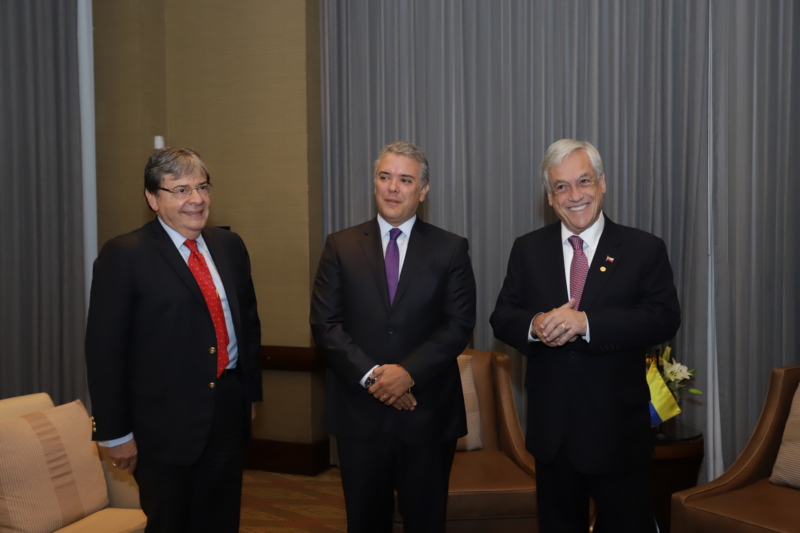Rising Brazil: The Choices Of A New Global Power
What should we expect from a newly powerful Brazil? Does the country have the capacity and leadership to be a central actor in addressing critical global and regional problems?
In early March, Colombia’s President Iván Duque and Chile’s President Sebastián Piñera will hold court in Santiago to launch what they hope will be an important new force in South American politics.
Duque and Piñera say their proposal, Prosur, will serve as a pragmatic replacement to the nearly extinct UNASUR (which recently lost Colombia and Chile as members), promoting economic integration and political coordination in the region without the latter’s bureaucratic and ideological excesses. Every country on the continent will be free to join, with the exception of Venezuela.
But does South America need a new regional body? As attractive as the idea might sound, Prosur is very likely to fall into the same irrelevance and suffer from the same lack of purpose that has plagued so many other attempts to strengthen integration in Latin America. There are several reasons why.
The first is that, despite Piñera’s and Duque’s intentions, Prosur won’t have the legitimacy to survive when incumbent leaders leave office. Given the two presidents’ politics, the new group will be seen as a pro-market and right-wing institution, just like UNASUR was perceived as a platform for the leftist policies of former presidents Luiz Inácio Lula da Silva of Brazil, Hugo Chávez of Venezuela and Cristina Fernández de Kirchner of Argentina.
[...]
What should we expect from a newly powerful Brazil? Does the country have the capacity and leadership to be a central actor in addressing critical global and regional problems?
Without credible observers, Venezuela’s December 6th elections will be another step towards disaster.
It’s time for the leaders of the Caracas government and its opponents to begin negotiating a way back from the abyss.
 Cancilleria de Colombia
Cancilleria de Colombia

